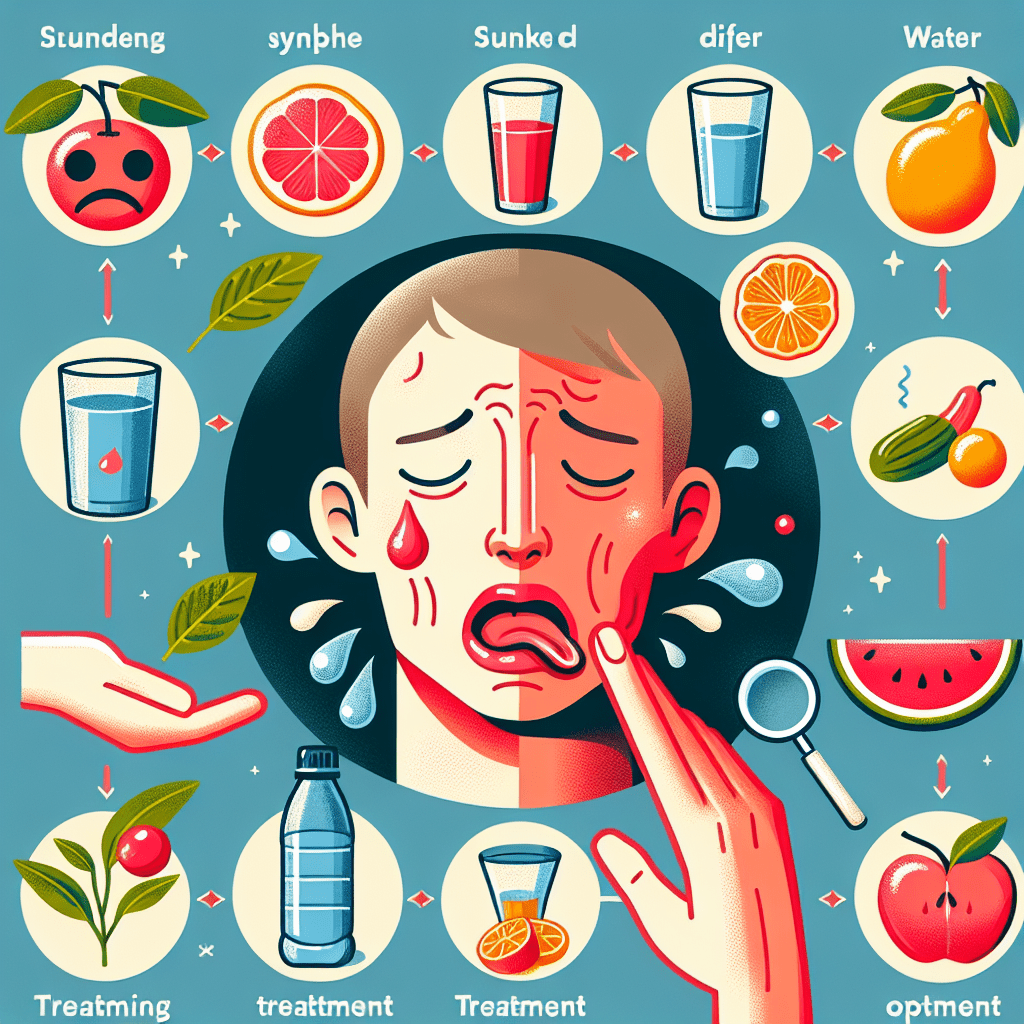Chronic Dehydration Symptoms and Treatment Options | Learn How to Stay Hydrated

Understanding Chronic Dehydration
Chronic dehydration is a condition that occurs when the body loses more fluids than it takes in over an extended period. Unlike acute dehydration, which can be resolved by simply drinking more water, chronic dehydration is a persistent state of under-hydration that can have serious health implications if left untreated.
Our bodies are approximately 60% water, and every system depends on water to function properly. As Leonardo da Vinci once said,
This quote underscores the importance of maintaining proper hydration for overall health and wellbeing."Water is the driving force of all nature."
Symptoms of Chronic Dehydration
The symptoms of chronic dehydration can be subtle and may not appear all at once. Some common signs include:
- Constant thirst
- Dry or sticky mouth
- Fatigue or sleepiness
- Dry skin
- Headache
- Constipation
- Dizziness or lightheadedness
- Decreased urine output or dark yellow urine
It's important to note that these symptoms can also be indicative of other health conditions. Therefore, it's crucial to consult with a healthcare professional if you're experiencing these symptoms persistently.
Causes and Risk Factors of Chronic Dehydration
Chronic dehydration can be caused by not drinking enough water, excessive sweating, diabetes, certain medications, and diseases that cause vomiting or diarrhea. Elderly people, athletes, and people living in high altitudes or hot climates are at a higher risk of chronic dehydration.
Treatment Options for Chronic Dehydration
Treatment for chronic dehydration typically involves increasing fluid intake and adjusting lifestyle factors that may be contributing to the condition. This may include:
- Drinking more water throughout the day
- Consuming foods with high water content
- Reducing intake of dehydrating beverages like coffee and alcohol
- Adjusting medication or treating underlying conditions that may be causing dehydration
As a scientific study published in the Journal of the American College of Nutrition points out,
This highlights the importance of addressing chronic dehydration promptly to prevent further health complications."Even mild dehydration can impair physiological and performance responses."
Preventing Chronic Dehydration
Prevention is always better than cure. Here are some tips to prevent chronic dehydration:
- Drink plenty of fluids throughout the day, especially during hot weather or when exercising.
- Eat foods high in water content, such as fruits and vegetables.
- Avoid excessive consumption of alcohol and caffeine, which can dehydrate the body.
- Monitor urine color. Pale yellow urine is a good sign of proper hydration.
Remember, everyone's hydration needs are different, so it's important to listen to your body and hydrate accordingly.
Conclusion
Chronic dehydration is a serious condition that can have detrimental effects on your health if left untreated. Recognizing the symptoms and seeking timely treatment is crucial. By incorporating healthy hydration habits into your lifestyle, you can prevent chronic dehydration and promote overall health and wellbeing.
As the World Health Organization asserts,
This statement emphasizes the vital role of hydration in maintaining heart health and overall wellness."Water is critical for survival and, over the past two decades, dehydration has been associated with a number of health outcomes."
Summary
Chronic dehydration is a persistent state of under-hydration that can lead to serious health implications if left untreated. Symptoms include constant thirst, fatigue, dry skin, and decreased urine output. Treatment involves increasing fluid intake and adjusting lifestyle factors. Preventive measures include drinking plenty of fluids, eating foods high in water content, and avoiding dehydrating beverages. As the World Health Organization highlights, proper hydration is critical for survival and overall health.



